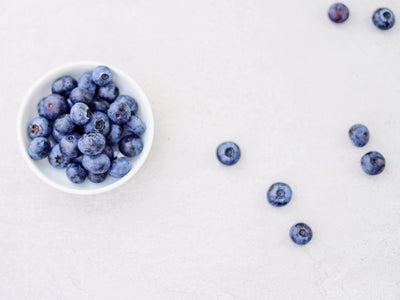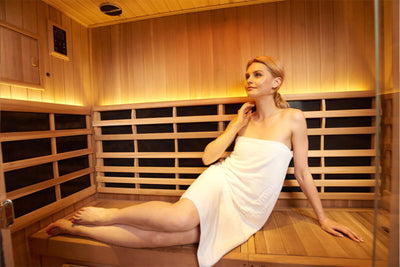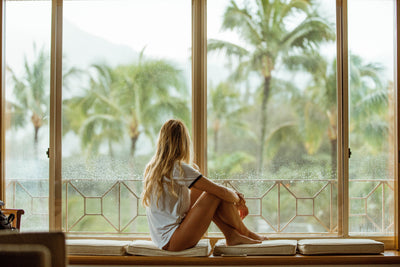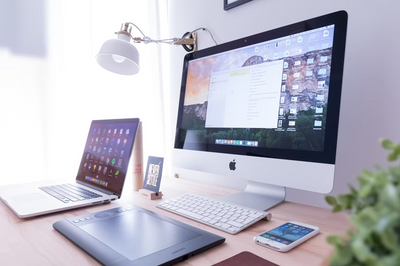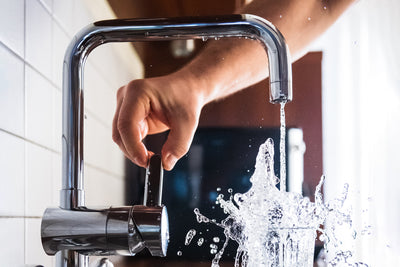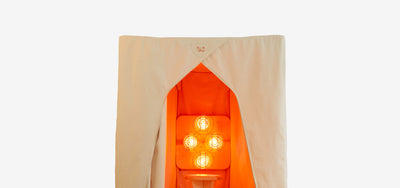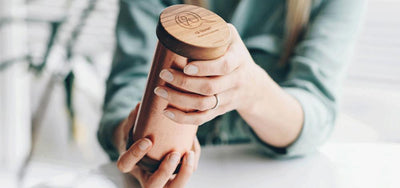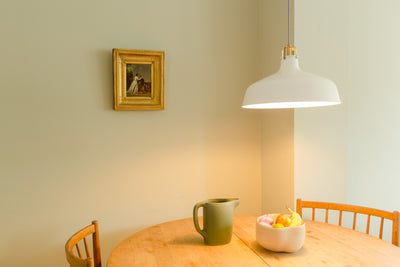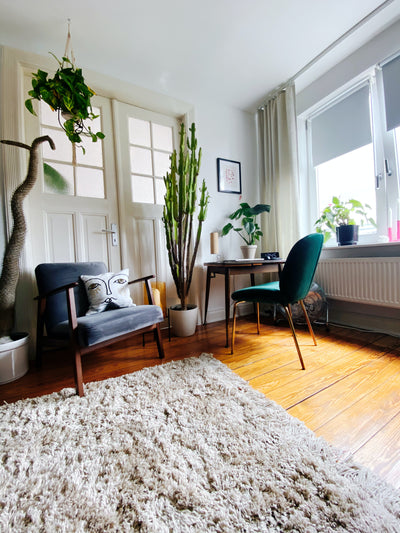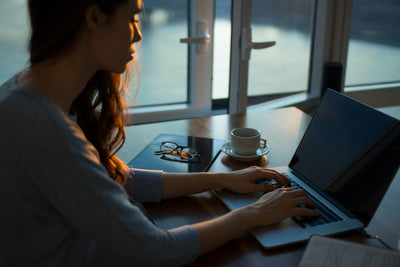The Conscious Spaces Sleep Easy Routine
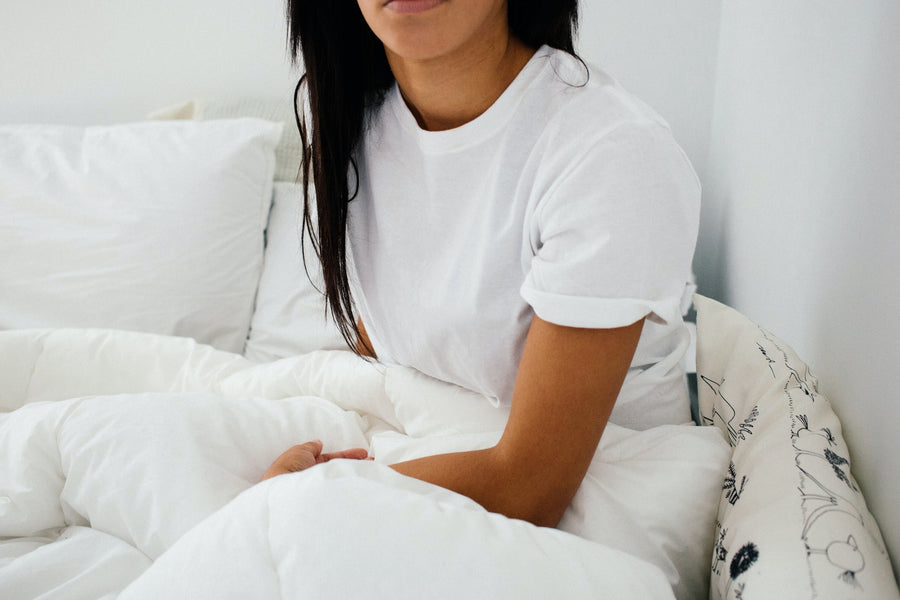
Now that you’ve got your bedroom prepped and preened for peak sleep quality, you can start to fine-tune the daily routine that will help make drifting off each night an effortless affair.
7am: Let there be (daytime) light 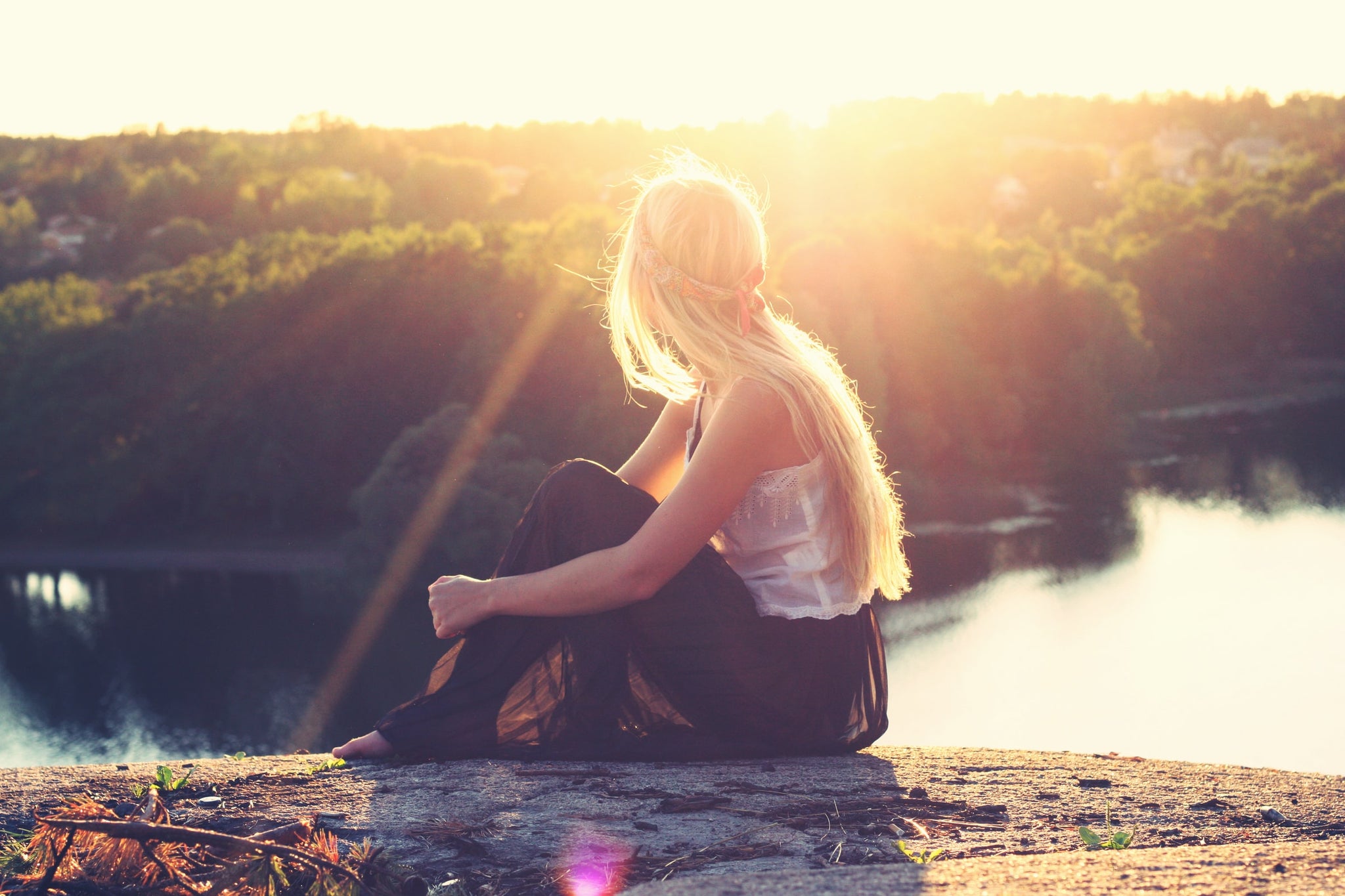
The foundations for a good night’s sleep are often laid, ironically, first thing in the morning.
Research shows (1) that exposing your eyes to bright light during the day can improve your sleep quality once your head hits the pillow.
“It’s super important to get as much natural light as you can, not only during the daytime, but as soon as you wake up, too”, explains Conscious Spaces founder, Tara.
“Rather than turning on an artificial light source first thing or reaching for your phone, let natural sunlight set you up for the day.”
“If you can, go out first thing when the sun is low and you’re able to get a little more beneficial exposure without the downsides of the midday glare. Make sure you don’t have contact lenses or glasses on for a moment, and get some sun on your face. Ultimately, how you start your day is going to help how you end it.”
6pm: Beat the blues
Netflix, Kindle, the internet…unfortunately, a lot of what counts as post-work down-time these days involves staring at a digital screen.
The blue light emitted by these screens acts like a shot of coffee for your brain; telling it to stay awake and alert.
Minimise the impact this has on your sleep by wearing blue-light-blocking glasses, and then turning off the tech completely one-two hours before you hit the hay.
“I absolutely love my cat eye Swannies”, says Tara. “I initially experimented with wearing just the nighttime Swannies glasses nearer the end of the day, but I find the best results I have for sleep, good focus and no dry eyes, is when I use the daytime ones - especially after midday - and then moving on to the nighttime ones from 6pm if I still need to work.”
“The difference with using both was noticeable, and I cannot be without them now. Gone is the fatigue, headaches and grogginess from having to sit at a screen - and of course I also pop outside on desk breaks for some natural sunshine and to tend to my plants for 5mins - food for the soul!”
7pm: Eat smart to support sleep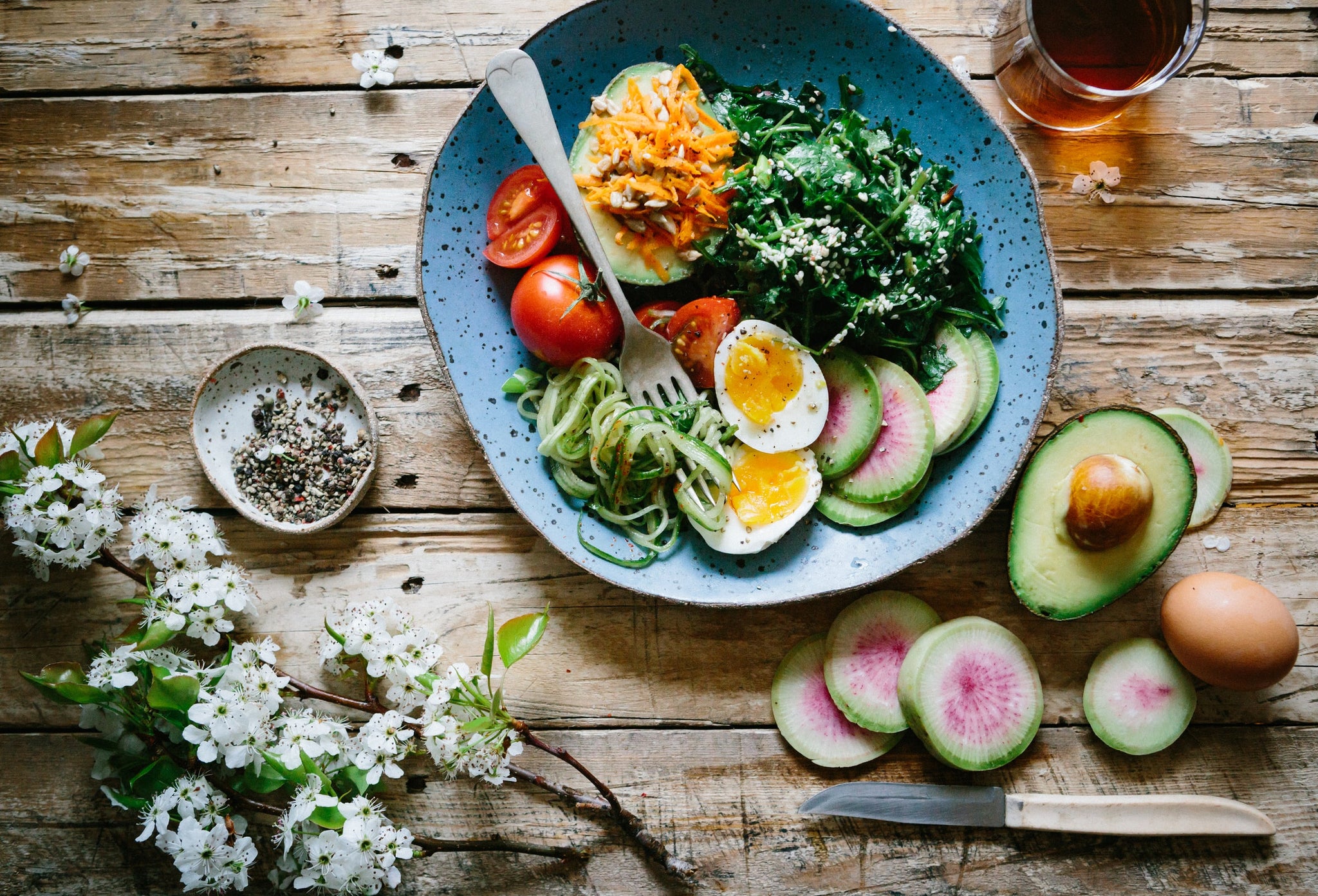
“If we eat badly, we sleep badly”, says (2) Tim Spector, professor of genetic epidemiology at King’s College London and author of The Diet Myth. (3)
An increasing number of scientists are finding that our internal microbial ecosystem may affect sleep in different ways – from altering circadian rhythms to disrupting sleep hormones.
“We know that people who sleep poorly have abnormal microbes in the gut”, explains Spector.
But if a poor diet can make sleep more difficult, healthy eating habits can improve it. Make your regime more gut-friendly by eating a wide range of whole, fresh, unprocessed foods. Include a variety of fibrous and fermented foods, such as leafy green vegetables and probiotic yoghurt, as well as nutrient-rich, health-boosting green tea, berries and sprouted seeds.
Avoid eating anything that’s hard to digest before bed, and “snack on something high in magnesium – like a handful of soaked and sprouted almonds - which will also keep your blood sugar under control”, recommends Tara. “Avoid snacking right before bedtime though, and try to eat dinner no later than 7pm – or at least four hours before bedtime – to give your body the best chance of drifting off.”
7.45pm: Sip on a sleepy tea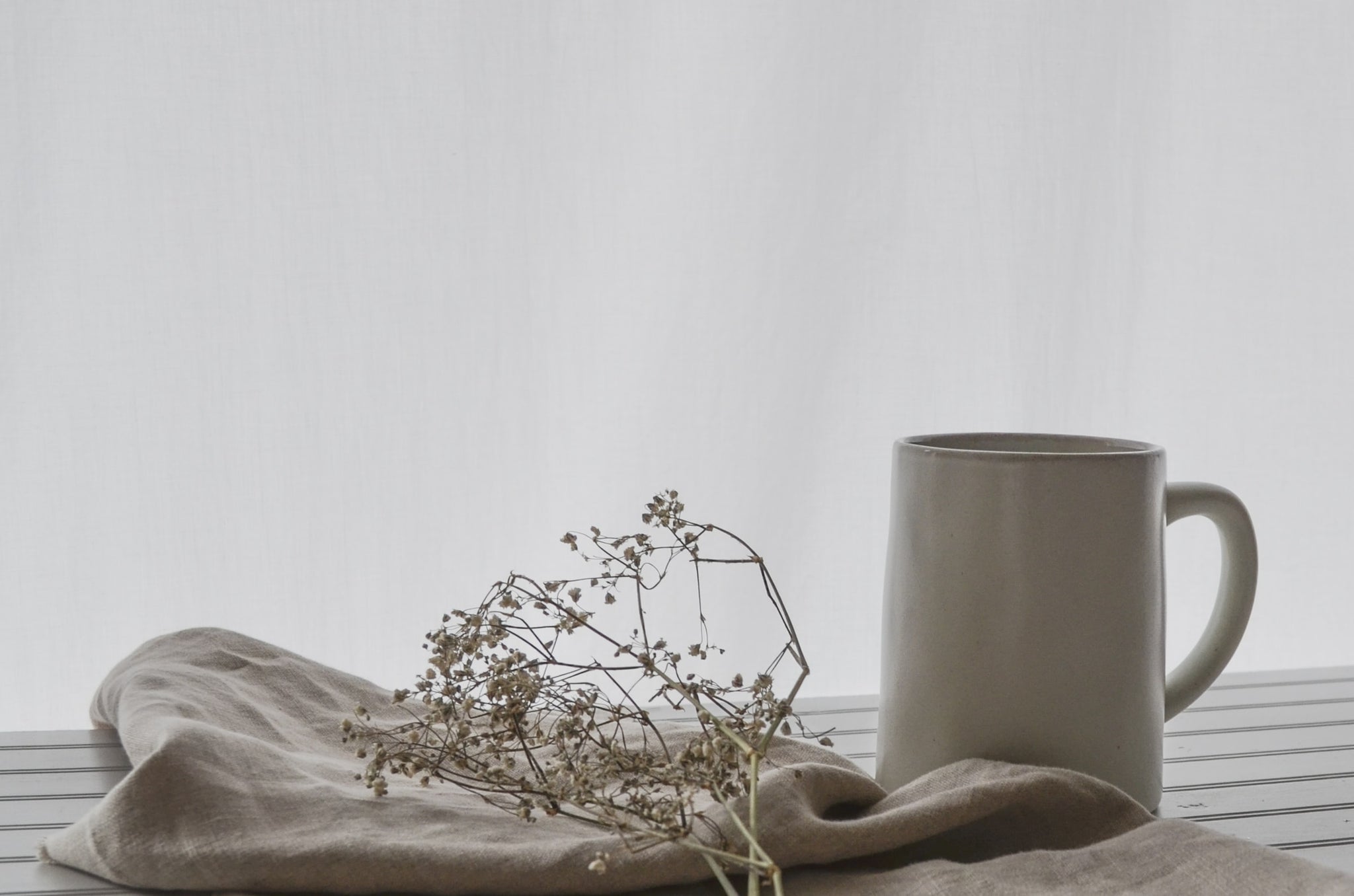
Try drinking a sleep-inducing herbal infusion after dinner, to aid digestion and quiet your mind. Valerian, passionflower, chamomile and lemon balm are all great sleepy tea options.
8pm: Take a sleep-enhancing supplement
“Magnesium is one of those minerals that pretty much everyone in this high-stress society could benefit from consuming more of”, says Tara. “It affects everything from energy levels to brain function, but – crucially – it’s amazing at promoting relaxation, calm and more restorative sleep.”
Whilst present in many foods (think spinach and dark chocolate), lots of people are magnesium deficient, making supplements an easy and obvious way to fill the gaps left by diet.
One study found that magnesium supplementation had a positive impact on both sleep quality and sleep duration. (4)
“There are lots of different forms of magnesium out there, each with slightly different purposes, and I personally like taking a combination”, says Tara, “but you have to find what works best for you”.
Look out for magnesium glycinate, which is often recommended as a natural sleep aid (5) and is more easily absorbed (6) – and with fewer side effects – than other forms.
There are other, highly effective, sleep supplements out there (7) too. Whilst not for sale in the UK, melatonin - the hormone produced naturally by the body in response to darkness - can help to shorten the time it takes to fall asleep, as well as reducing daytime fatigue and improving overall quality of sleep. Many people find it especially helpful in reducing the effects of jet lag.
Research also shows (8) melatonin may increase the Rapid-Eye-Movement (REM) phase of sleep. It’s during deep REM sleep that the body repairs and regrows tissues and strengthens the immune system, whilst our brains consolidate and process memory.
“I like blends containing valerian and Ashwagandha”, says Tara. “but do be mindful to check you’re ok with Ashwagandha if you have an autoimmune issue or sensitivity to the nightshade family of plants.”
“I also love CBD oil. I tried a few different types and at different doses until I found the one that worked for me.”
CBD, or cannabidiol, is a group of compounds found in the cannabis plant - known as a cannabinoid. Unlike some other cannabinoids (such as THC), CBD will not make you ‘high’ - but it can definitely make you feel calm.
Research shows (9) CBD can alleviate anxiety and stress, significantly reduce symptoms of insomnia, (10) and may increase (11) overall sleep time.
“Remember, less can be more with a high quality CBD”, says Tara. “A higher dosage doesn’t always mean better results.”
8.30pm: Have a soak in the tub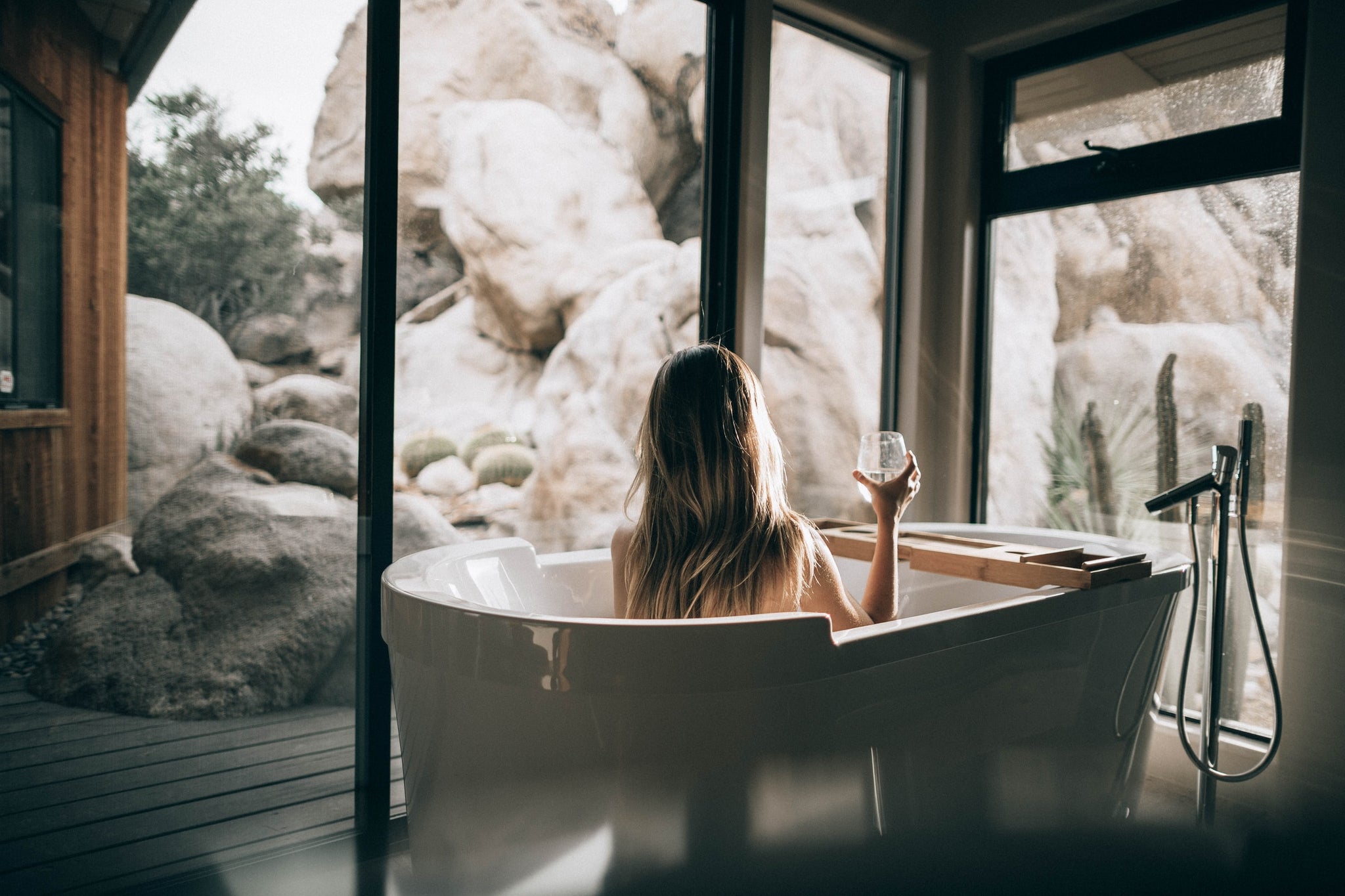
Widely acknowledged as one of the easiest and most effective ways to relax both muscles and mind, a hot bath is an ideal warm-up to a great night’s sleep.
To amplify the effect, add some Epsom salts or your favourite soothing aromatherapy bath oil.
The contrast in air temperature when you finally lift yourself out will help to ready your body for sleep too, cooling your core and sending a signal to the brain that it’s time to wind down.
9.15pm: Smell the sweet scent of sleep 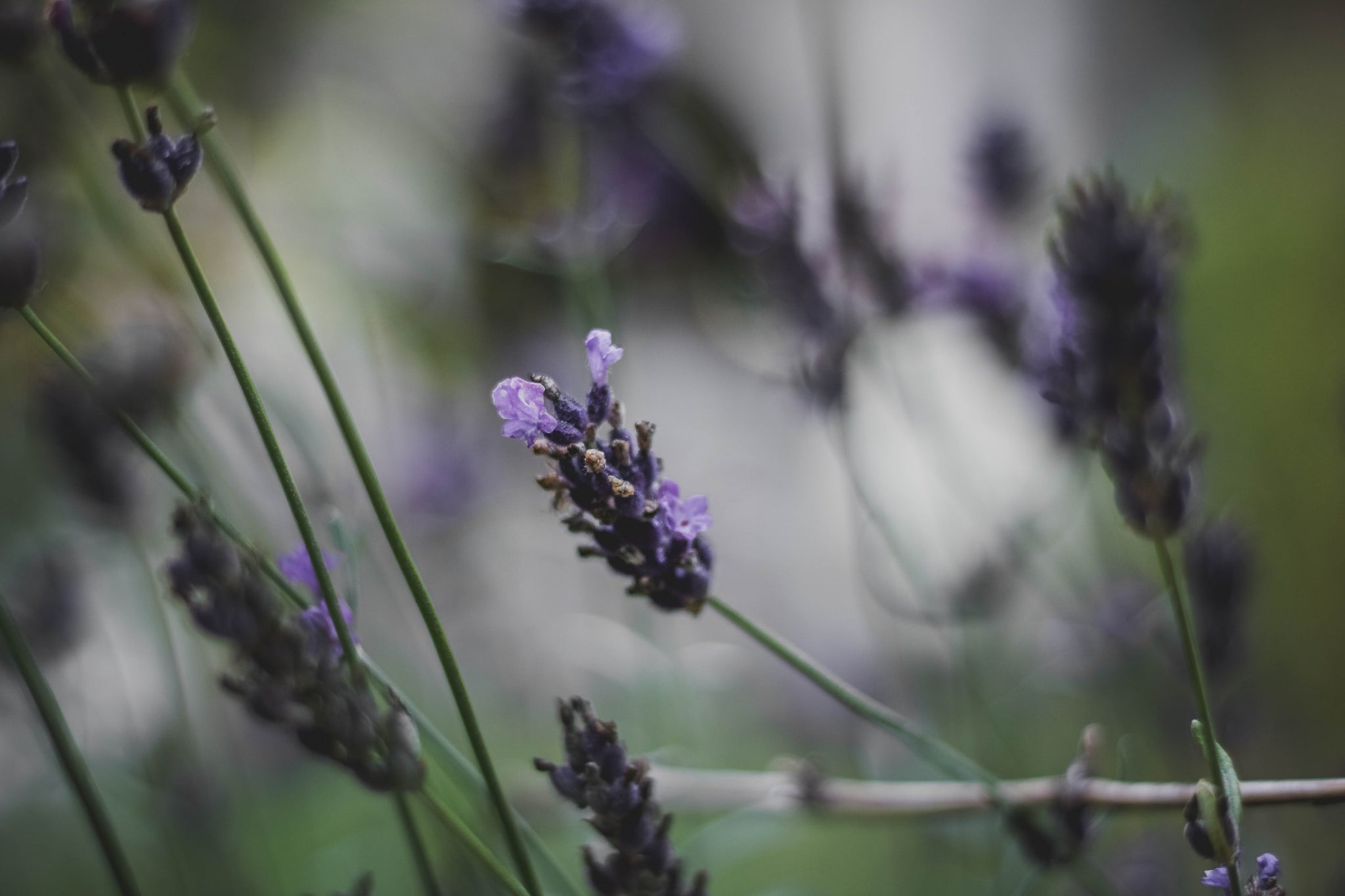
Spray your pillow or bed linen with a calming aromatherapy mist, or place an essential oil blend into a diffuser to fill your bedroom with dreamy scent.
Chamomile oil (which is great for kids), lavender, frankincense and geranium can all encourage sleep, but Tara recommends choosing “whatever speaks to you at the time”. “For women, it really depends what stage of your cycle you’re at. If it’s before your period, something like geranium might be perfect, but at other times that might feel too heavy, and something milder like chamomile might be better.”
9.30pm: Turn off the tech
Ensure any electrical devices – your Wi-Fi router (which emits electromagnetic radiation) included - are turned off, and left out of your bedroom overnight.
As tempting as it may be to have one final scroll through your phone, having your head within inches of a device that is constantly transmitting intermittent radio frequency signals isn’t going to do the quality of your sleep any favours.
9.50pm: Unburden your mind
Keeping some form of journal, which you write in at the end of every evening, can really help to settle your mind and mood.
“If I need to get anything out of my head, it always helps to write it down before I go into my bedroom”, says Tara. “I like the ritual of unloading any stressful thoughts before switching off for the day – then I can climb into bed and really relax.”
10pm – 10.30pm (or whenever is right for you): Zzzzzzzzz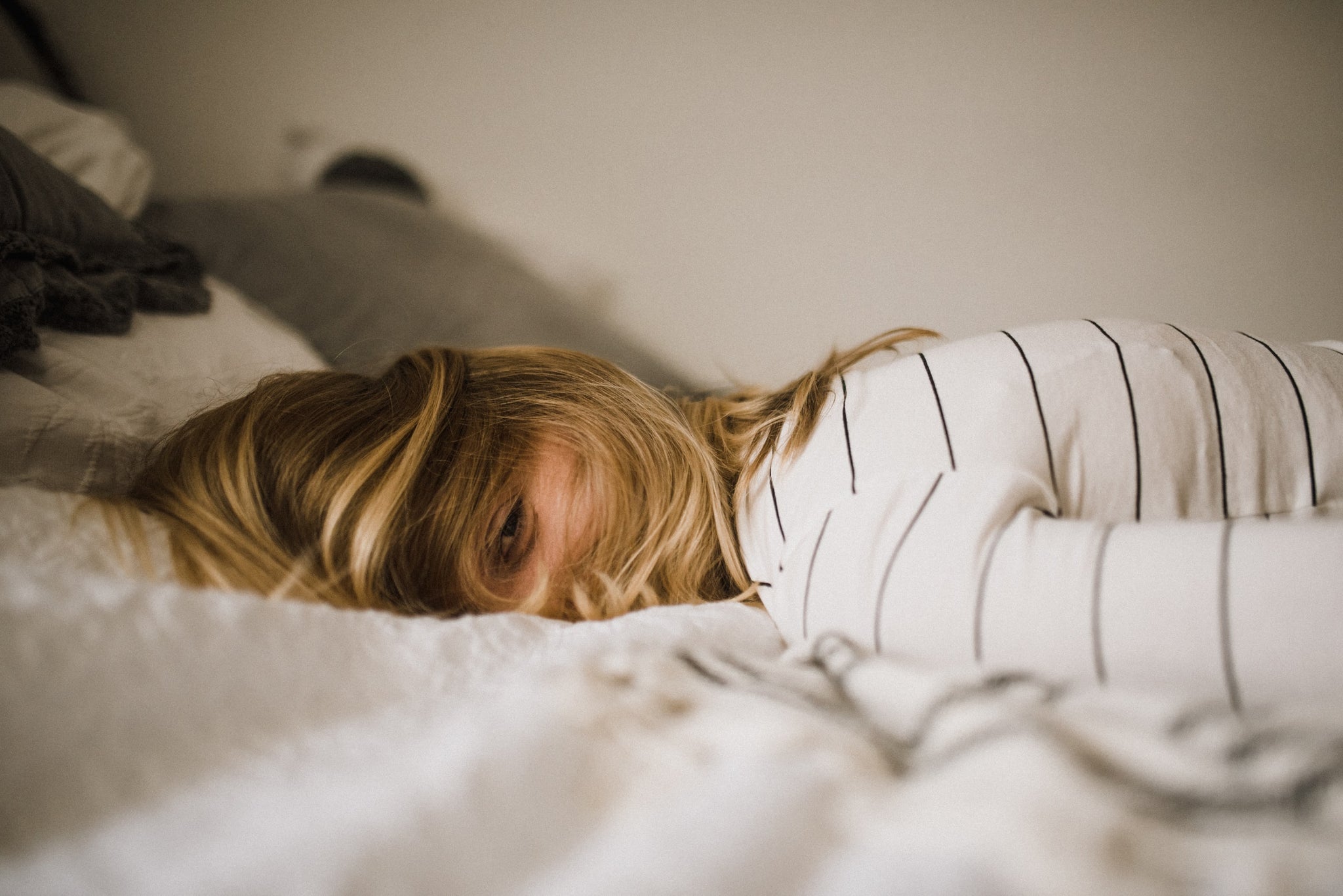
According to a comprehensive study (12) by The National Sleep Foundation, adults between the ages of 18-64 need 7-9 hours sleep per day. This means that if you got up at 7am, you would ideally be falling asleep sometime between 9pm and midnight.
This window reduces slightly for older adults over age 65, to 7-8 hours, and increases steadily down through childhood, from 9-11 hours for school age children, to a blissful 14-17 hours for newborn babies.
The exact amount of sleep needed, however, varies from person to person, depending on a range of health and lifestyle factors. Pay attention to how you feel on different amounts of sleep, and ask yourself: are you healthy, happy and productive on seven hours of sleep? Or do you need nine to feel your best? Do you have to use coffee as a crutch? When trying to cultivate the most restorative sleep, it’s also important to consider any underlying health issues you might have – such as being overweight or diabetic.
With a little trial and error, you should be able to settle on the number that works for you, giving you a one-way ticket to dream land.
References
(1) https://pubmed.ncbi.nlm.nih.gov/18815716/
(2) https://www.theguardian.com/lifeandstyle/2018/mar/19/is-your-gut-keeping-you-awake-at-night
(3) http://www.tim-spector.co.uk/the-diet-myth/
(4) https://www.ncbi.nlm.nih.gov/pmc/articles/PMC3703169/
(5) https://onlinelibrary.wiley.com/doi/full/10.1111/j.1479-8425.2007.00262.x
(6) https://pubmed.ncbi.nlm.nih.gov/11550076/?dopt=Abstract
(7) https://thesleepdoctor.com/2018/12/25/10-of-the-most-effective-natural-sleep-aids/
(8) https://pubmed.ncbi.nlm.nih.gov/14715839/?dopt=Abstract
(9) https://www.ncbi.nlm.nih.gov/pmc/articles/PMC5595771/
(10) https://www.ncbi.nlm.nih.gov/pmc/articles/PMC6164964/
(11) https://journals.sagepub.com/doi/abs/10.1177/0269881112474524
(12) https://www.sciencedirect.com/science/article/abs/pii/S2352721815000157
















